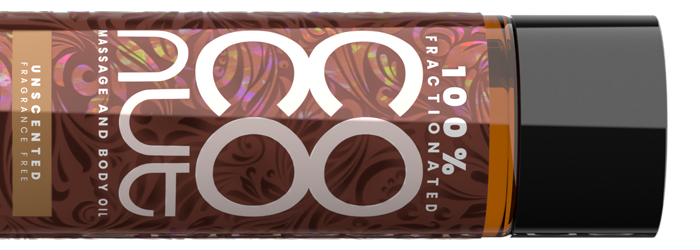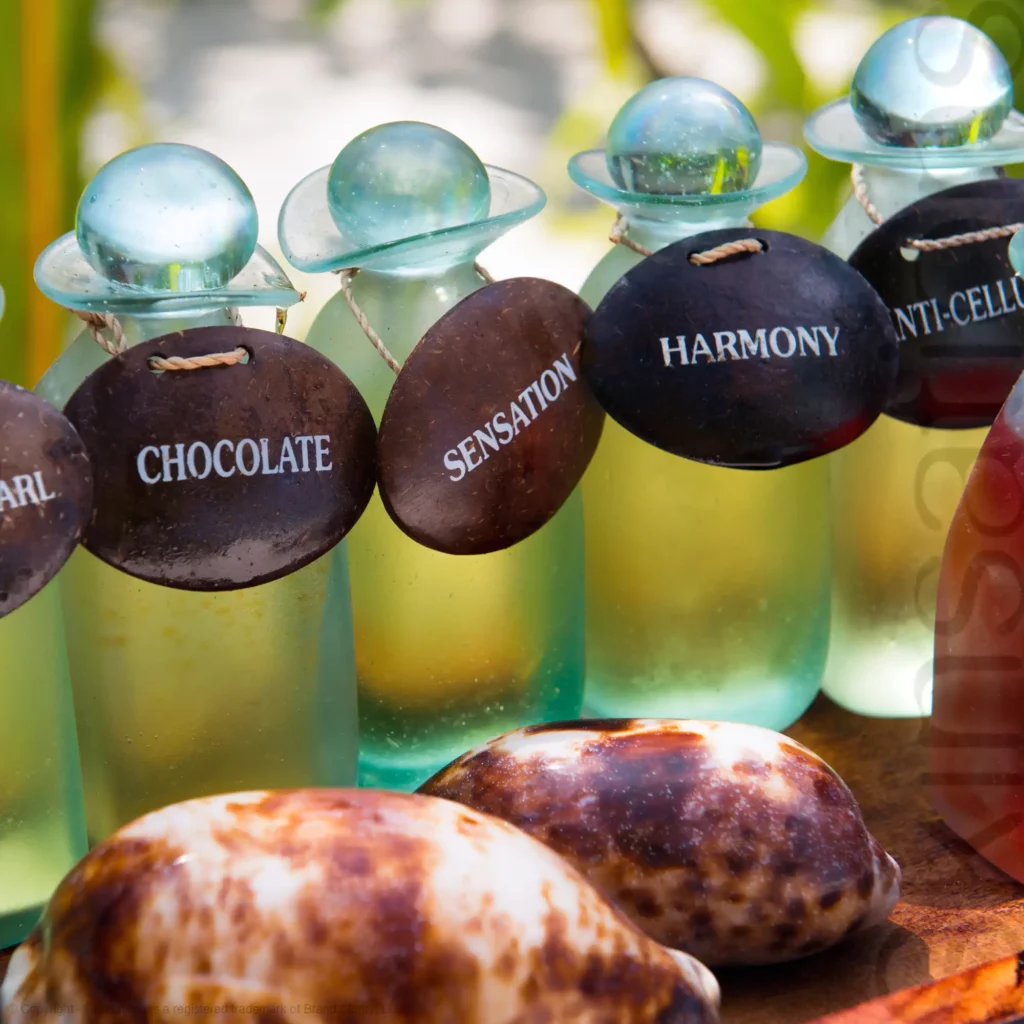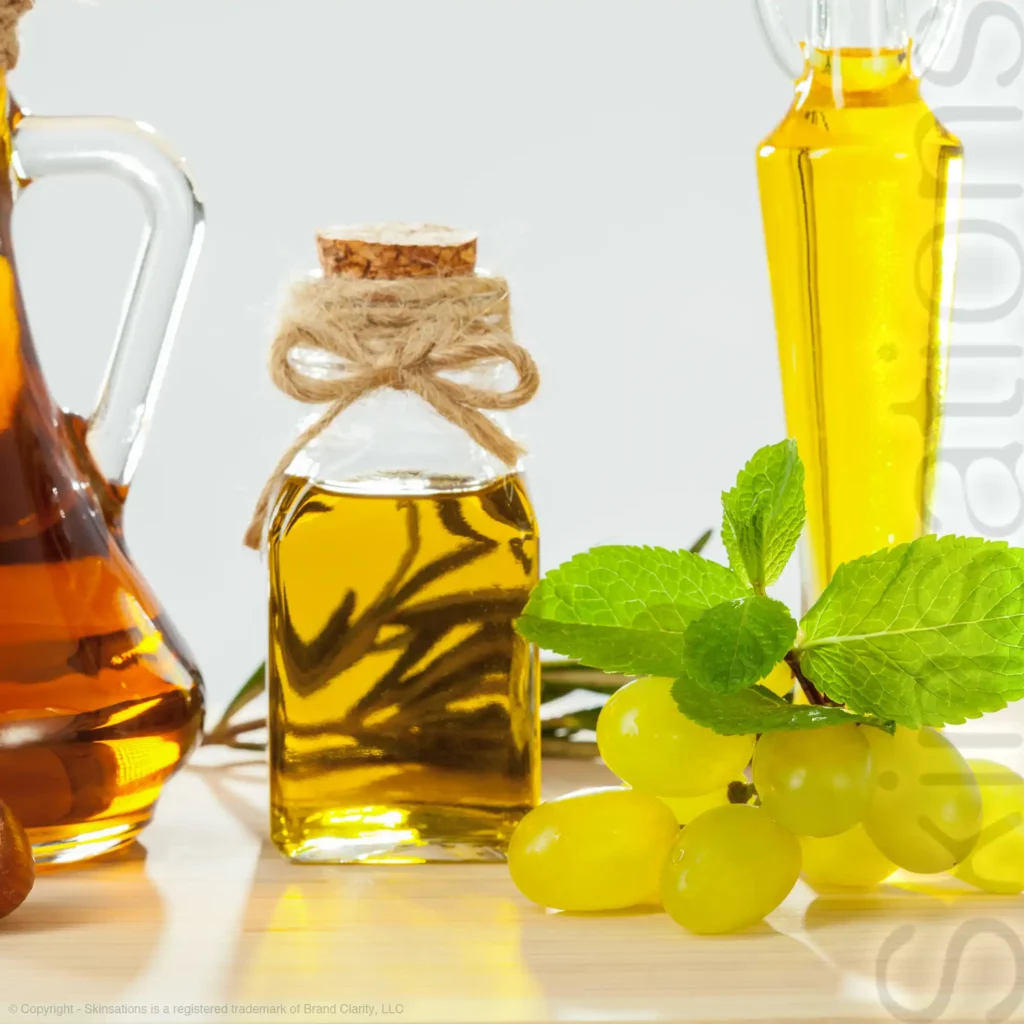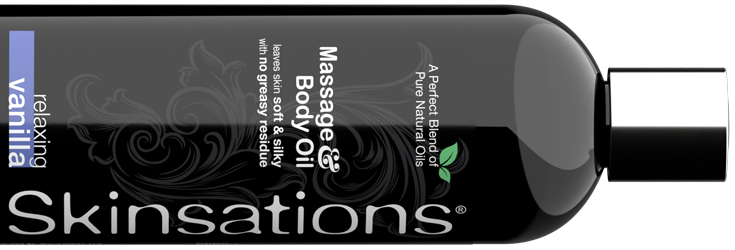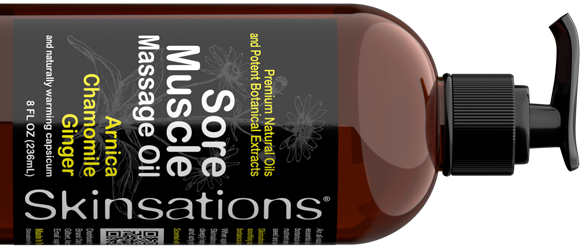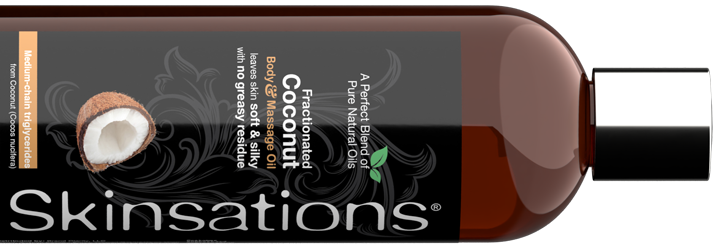Personal lubricants (lubes) really don’t get talked about much in social circles or get the love they deserve (they should because they’re great!). Personal lubricants can make sexual intercourse for couples not only enjoyable but a lot more comfortable. Using one of the various options available can minimize friction-related soreness and irritation that can occur due to several factors. Let’s discuss.
“Natural ingredients are alway best” is the motto. But, many wonder “Is massage oil and lube the same thing? Can they be used the same way? What is the difference between massage oil and lube?”
When shopping for the best lube, where do you start? Which type of personal lubricant should I choose? And which ones should you stay clear of?
So, What’s a personal lubricant and why use one?
A personal lubricant or lube is a specialized semi-viscous fluid or oil lubricant used during sexual acts. There are many reasons why people use lube besides foreplay.
- Dehydration
- Using hormonal birth control
- Smoking
- Those who have an autoimmune disorder
- Taking antihistamines, antidepressants, and other medications that may cause dryness
- Those in the perimenopause or menopausal stage
Women of a certain age (usually just before or during menopause) can suffer from vaginal dryness. This can be unpredictable, or untimely in the least. Further, menopause can cause vaginal tissues to thin and estrogen levels to decline, causing intimacy to be uncomfortable and sometimes painful without lubrication. So, women who suffer from menopause-related dryness should try using a lubricant during sex to make it substantially more comfortable for you and your partner.
Gay men can also benefit from using personal lubricants to make sexual intercourse comfortable and prevent friction-related injuries.
What kind of lubricant should I use?
Nowadays, people have more options than ever before when it comes to personal lubricants. There are generally four types of personal lubricants: oil-based, water-based, silicone-based, and hybrids.
Each type has its pros and cons.
Oil-based personal lubricant
Firstly are oil-based lubes, which are further broken down into two types: natural and petroleum.
When you think of natural oil-based lubes, think coconut oil or sweet almond oil like Skinsations Fractionated Coconut Oil and Sweet Almond Oil. Natural oil-based lubes are a great alternative to commercially available over-the-counnter lubes because they are perfect for genital massage and sensual massage or sex play. They are food-safe so that you can use them for oral sex and they’re also safe for the vagina. Plus, natural oils offer the perfect glide—not too thick and not too thin. Most people use natural oils to avoid harsh chemicals on sensitive body parts like the vaginal or anal lining.
petroleum-based lubricants like mineral oil, baby oil, and petroleum jelly are only suitable for external stimulation but not used internally as they can irritate the vagina. Your body may have difficulty clearing them out, which may lead to vaginal irritation and infection. So if you want to use an oil-based lube, go with natural oils like any of Skinsations massage oils.
Both natural and petroleum lubricants can break down latex condoms and cause them to fail, so if you plan to use latex condoms, stay away from oil-based lubrication and choose to use a water-based lubricant instead. Just to be 100% sure.
Water-based personal lubricant
Water-based lubricants are the most common ones you find in drugstores and groceries. Two of the most common brands are KY Jelly and Astroglide.
There are two types of water-based lubes, namely, glycerin and non-glycerin lube. Both types of water-based lubes are safe to use with condoms. But if you want to play around in the shower, water-based lubes aren’t much fun since they easily wash off and rinse away.
Lubricants that contain glycerin may taste a little sweet because they’re made from a byproduct of sugar. Unfortunately, sugars attract yeast, and one of the biggest complaints regarding personal lubricants that contain glycerin are yeast infections or Candidiasis, especially for women prone to them. And the last thing you need after a night of fun is a trip to your ob-gyn. Similarly, take care with lubricants that contain propanediol which is derived from corn sugar which may pose the same yeast infection risk, but may be a better option if you’re set on a water-based lube.
If you do choose a water-based lube, look for brands without glycerin or similar ingredients if you’re prone to yeast infections.
Silicone-based personal lubricant
Silicone type lubes are also suitable for use with condoms. Plus, most silicones tend to be hypoallergenic and most people feel they last a lot longer too.
But, if you plan to use sex toys that have a silicone coating, it’s best to avoid silicone-based lubricants. As strange as it sounds, the best lubes to use for silicone-based sex toys are those that DON’T contains silicone. They tend to react to each other and cause a breakdown in the material.
Another BIG! problem with silicone-based lubes is they’re harder to wash off and always seem to leave a slick residue.
Hybrids
Hybrids typically are a mix of silicone and water-based lubes. Their consistency is not as thick as silicone, but they last a lot longer than water-based lubes.
Ingredients you might consider avoiding
When looking for a personal lubricant, a general rule of thumb is to stay away from lubes that contain more than a half dozen ingredients. Artificial ingredients, cosmetic thickeners, petroleums, glycerin, other sugars, and and parabens. Most people don’t realize that your favorite fragrance or essential oil can sometimes be the culprit if irritation occurs. So, look for formulas light on flavors and fragrances.
Here are common personal lubricant ingredients you should avoid:
Chlorhexidine gluconate – this ingredient is a disinfectant and antibacterial, but in some cases, they can cause irritation—especially women who are sensitive down there.
Glycerin – As we mentioned before, glycerin is a sugar byproduct and increases your risk of yeast infections because sugars are a food source of microbes like yeast. If you’re prone to yeast infections, stay away from glycerin as much as possible.
Nonoxynol-9 – commonly found in lubes with spermicides. Unfortunately, this chemical doesn’t just kill little swimmers, but it can kill both good and bad bacteria. Women need that good bacteria to keep their lady parts healthy and balanced. If that balance is disrupted, it can lead to an increase in harmful bacteria and infections. The chemical may also cause inflammation and irritation.
Parabens – what are parabens anyway? According to the FDA, “Parabens are a family of related chemicals that are commonly used as preservatives in cosmetic products.” The problem with these chemicals is that they mess with people’s hormones, therefore, increasing your risk for certain cancers. As a precaution, you should stay away from any personal lube that contains parabens. Choose those that specifically state that they don’t include the chemical. The jury is still out on whether these chemicals affect our health, and even the FDA has declared that they are still investigating the issue.
Petroleum or petroleum-based ingredients – It is never a good idea to use petroleum jelly or baby oil as a personal lube (especially when you have much better options). Petroleum can be challenging to get rid of, and they can change the unique pH balance of the vagina, possibly causing bacterial infections like bacterial vaginosis.
Propylene glycol – This chemical is found in many products because it’s a preservative—from cosmetics to antifreeze (yep, you read right!). Despite the FDA concluding that “there is no evidence in the available information on propylene glycol…that demonstrates, or suggests reason to suspect, a hazard to the public when [it is] used at levels that are now current or that might reasonably be expected in future.” Many experts say that it can irritate the vaginal or anal lining.
So next time you go lube shopping, just check the label and stay away from these ingredients.
Is Massage Oil and Lube the Same Thing?
So, to answer the all-important question: Is massage oil and lube the same thing?
Well, Yes and No.
There are things to keep in mind when using massage oil as a lubricant. Not all oils make suitable personal lubricants. Some are too thick. Some may be too thin. Choose natural oils that are refined, pure—unadulterated, and without harsh essential oils or harmful chemicals like preservatives that can irritate sensitive areas or mess with delicate chemistry. Pick an oil that uses natural flavors vs artificial if you choosing a scented blend. Here are some of our recommendations:
Skinsations Massage and Body oils can be used as a personal lubricant because they’re made of pure, high-quality natural oils and safe to use on sensitive areas.
Skinsations Grapeseed Oil is free from harsh chemicals. It is lightweight with a smooth texture, making it easy to slide all over your skin.
Skinsations Fractionated Coconut Oil is a neutral oil and also a versatile one. It’s moisturizing, and it doesn’t change your skin’s pH levels. Plus, it offers excellent protection from harmful microbes.
Skinsations Sweet Almond Oil is another natural oil you can use as a personal lubricant because it keeps your skin soft and irritation-free.
Or, you can try our sensual scented and flavored massage oils. They’re lightly scented and flavored using natural extracts that are safe to use on sensitive areas. They’re whisper-light with the ideal glide and texture, so you won’t have to deal with hard-to-wash sticky buildup after.
Skinsations also has an unscented natural oil blend containing fractionated coconut oil, Sweet Almond Oil, Grape seed Oil, and Golden Jojoba Oil.
As with all products, make sure to check with your physician or a medical professional before using natural oils as a personal lubricant. We always recommend testing a small area of skin to see if any irritation or discomfort occurs. Natural oils are safe to use for most people, but those who have sensitive vaginas may need to take these extra precautions just to be on the safe side.
Skinsations is committed to bringing 100% natural oils made using the highest standard ingredients and strictly tested for quality and safety.
Order a Skinsations massage & body oil today for an all-natural and safe personal lubricant alternative!

